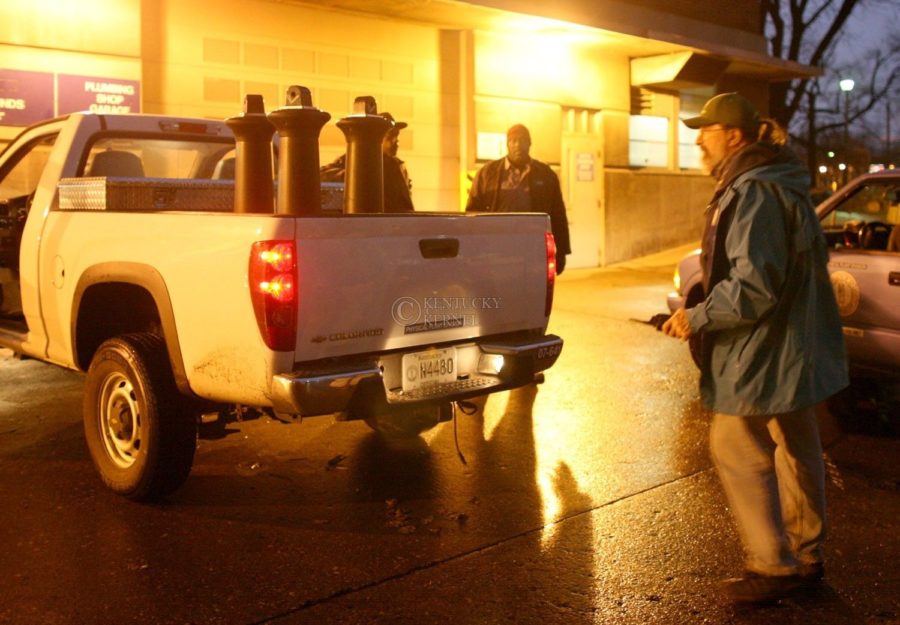Ready or not: Ban hits campus
November 19, 2009
No more cigarette butts, no more smoke breaks, no more dip cans — tobacco is no longer allowed on UK’s campus.
The ban begins Thursday, and affects all university-owned properties in Fayette County. Products not allowed include cigarettes (traditional and electronic), chewing tobacco, pipes, cigars, snuff, snus and hookah.
With a new Web site that includes the tobacco-free policy, a map of campus boundaries and treatment resources, UK is working toward creating “a healthy environment.â€
“We know that when access to tobacco is limited … people do quit,†said Ellen Hahn, co-chair of the Tobacco-Free Campus Task Force, in an October interview. “They won’t quit right away. It will encourage people to take the steps to quitting. They’ll cut down, though, and that can’t be bad.â€
Anthany Beatty, the other co-chair of the Tobacco-Free Campus Task Force, said heavy enforcement does the opposite of helping others change their habits.
“It’s about changing the habit and getting the help and making a safe environment for everyone,†Beatty said. “The most effective way to do that is to do all the things you can in a positive approach to lead people to make the change, not force them to.â€
Hahn said student leaders, supervisors, faculty and staff have been trained to enforce the ban by “scripting.â€
If a faculty or staff member violates the policy, they will be subject to consequences under the Human Resources Policies and Procedures. Students should be reported to either the deans of their respective colleges, or the Office of Residence Life. Visitors who do not comply will be asked to leave campus.
While UK is implementing the tobacco-free policy, other Kentucky schools are as well. The University of Louisville will take part in a ban in June 2010, and Bellarmine University will implement their ban in January 2010.
Hahn said the ban is about more than the right to use tobacco.
“If we’re truly an institution where we want to make others’ lives better and create a population that’s going to give back to Kentucky and be the next leaders of Kentucky, we need to go back to the reason why we’re doing it — to create a healthy environment,” she said.























































































































































